Do you want to explore new places and have exciting adventures but you are afraid of traveling? You are not alone. Many people have anxiety from traveling that can damper the excitement of an otherwise happy event.
Let us explore travel anxiety meaning, how it feels like, and travel anxiety causes. By understanding these aspects, one can learn ways to overcome travel anxiety and enjoy the trip better.
Understanding Travel Anxiety Meaning
Travel anxiety meaning: Travel anxiety is simply defined as any feeling of discomfort, fear, or nervousness that occurs in people whenever they think about leaving their comfort zone or going on a journey.
It may take many forms such as panic attacks or just mild jitters. It should be emphasized that travel anxiety is a condition faced by most people, whether they are first-time travelers or even experienced travelers.
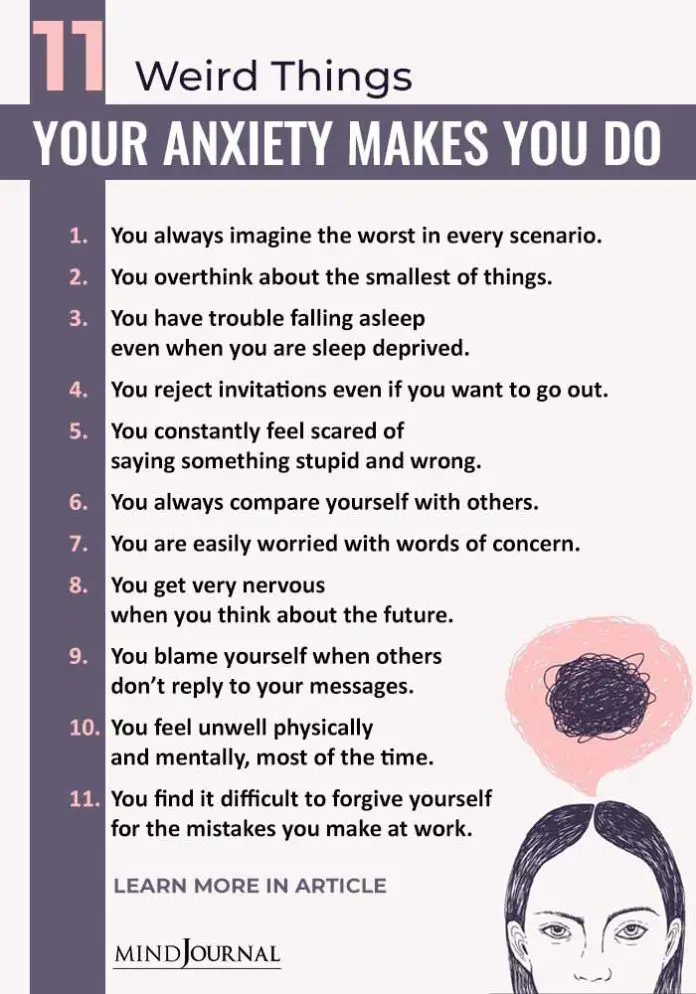
Now that we know travel anxiety meaning, let’s explore travel anxiety symptoms and travel anxiety causes.
Related: 10 Reasons Why You Should Travel Alone At Least Once in Your Life
Symptoms of Anxiety From Traveling
Being aware of the signs associated with anxiety when traveling away from home is important in managing and dealing with this condition effectively. Travel anxiety symptoms can vary in intensity or manifestation from person to person.
However, there are some common indications. Here are some of the most common travel anxiety symptoms:
1. Pre-trip anxiety
Nervousness, restlessness, irritability and lack of sleep before a trip.
2. Fear of the unknown
Worrying about different cultures, languages or places while being highly concerned about accidents which may happen anytime.
3. Panic attacks
Episodes where the victim experiences intense fear and discomfort accompanied by increased heartbeats, shortness of breaths, perspiration and feeling like something terrible is about to happen.
4. Nausea or stomach discomfort
Digestive problems especially nausea caused when someone is anxious or stressed about something. This is one of the basic travel anxiety symptoms.
5. Overplanning and excessive caution
Planning every step carefully while being excessively cautious due to doubts regarding safety issues during the trip.
6. Avoidance behavior
To avoid overwhelming feelings of anxiety and fear, some individuals tend to cancel trips or not go at all.
Apart from these there can be some other travel anxiety symptoms that one may experience.
Causes of Anxiety from Traveling
The travel anxiety causes are many and understanding them may assist in dealing with and managing the condition. Some common triggers include:
1. Fear of the Unknown
Stepping outside one’s comfort zone to unknown places can create feelings of uncertainty and anxiety, leading to anxiousness. The brain is designed in such a way that it seeks familiarity for safety purposes.
In case an individual is traveling for the first time to a new place, he/she might imagine several worst-case scenarios and focus on things they do not know about the environment or culture or language. This fear makes even the most adventurous people nervous.
2. Previous Negative Experiences
If someone had negative or traumatic experiences while traveling, one’s mind may still remain anxious when they travel next time. For instance, being involved in accidents, getting lost in strange places or suffering from diseases or injuries while abroad leave one feeling exposed and scared.
These negative experiences become part of our long-term memory resulting in anxiety when similar situations arise again. Therefore, the brain attempts to safeguard itself by predicting possible harm, increasing anxiety levels.
Related: 6 Ways Travel Heals Your Mind and Soul
3. Safety Concerns
Personal safety, security concerns or health issues while traveling can cause anxiety from traveling. Reports of accidents, thefts, and health crises connected with travel might worsen personal security concerns.
Moreover, visiting places with different safety norms or encountering unfamiliar customs can escalate the level of distress. Safety concerns are natural for the instinctual need to preserve life.
It is important that these be dealt with proper planning and necessary precautions as this is one of the most common travel anxiety causes.
4. Separation Anxiety
In some cases, fear of being away from home, one’s family or familiar environment may heighten anxiety when traveling away from home. People become attached to their routines, comfort zones and support systems so they feel uncomfortable when they have to travel out of this bubble.
For instance, separation anxiety can reveal itself in concerns over leaving loved ones behind, confusion about handling responsibilities in one’s absence or the dread of missing important events/occasions.
Managing separation anxiety involves addressing these emotional attachments while building trust in one’s ability to navigate new territories.
5. Travel Logistics and Planning
Arranging itineraries such as flights, accommodation among others is quite demanding and stressful especially when someone has no experience. The extensive research, decision-making, & logistical coordination necessary for a successful trip can feel challenging and make one feeling overwhelmed.
This fear that people have of making errors or finding themselves in unexpected complicated situations only doubles the syndrome making one feel like he/she cannot go anywhere at all.
To do away with anxiety from traveling therefore breaking down the planning process into smaller manageable chunks often helps.

6. Cultural Differences and Language Barriers
The idea of navigating foreign cultures and languages terrifies many people thereby intensifying their levels of anxiety. Daily communication plays an integral role in our lives. When we are not able to express ourselves adequately or understand other people’s way of life, we tend to feel vulnerable as well as unhappy about this fact.
On the other hand, differences in social norms, etiquette or behavior of other countries also adds to this confusion. However, most people are understanding and willing to help, and embracing cultural differences can enhance the richness of the travel experience.
Learning a few basic phrases in the local language and researching cultural practices can go a long way in bridging these gaps and reducing anxiety.
Addressing these root causes as well as developing tactics aimed at managing anxiety when traveling away from home effectively will enable individuals to come out of this fear and fully embark on any journey with no hesitations.
Ways to Overcome Travel Anxiety
Wondering how to deal with travel anxiety? Here are a few affective strategies and ways to overcome travel anxiety –
1. Research and Preparation
Getting information about your destination such as cultural practices, local customs or potential issues could be a good way to reduce anxiety. Being informed about the place you are going helps you become familiar with it, thereby reducing fear.
Another aspect that might be helpful is finding out about the traffic regulations or safety tips prior to departure. Planning an itinerary in addition to making previous arrangements like booking rooms or transportations would provide orientation, thus limiting some uncertainties.
Related: 10 Best Places To Travel In 2024: Your Ultimate Wanderlust Guide
2. Gradual Exposure
To overcome anxiety when traveling away from home, get started by taking small trips or going on shorter journeys in order to get used to traveling. This approach enables you to build up your confidence and over time, reduce anxiety.
Start with local destinations or those close to your comfort zone. As you keep getting comfortable with traveling, you can slowly expand your horizons and get into more difficult or unknown territories.
Every successful trip (no matter how small) gives you confidence that makes you yearn for greater challenges.
3. Deep Breathing and Relaxation Techniques
Doing deep breathing exercises and practicing relaxation techniques like meditation and yoga can help to relieve anxiety attacks. Deep breathing involves slowly inhaling through your nose, holding it for a moment, and slowly exhaling through the mouth.
The technique activates a relaxation response in the body, hence lowering stress levels and inducing calmness.
You can manage symptoms of anxiety by incorporating relaxation strategies into your daily life prior to travel as well as during the journey. This is one of the most effective ways to overcome travel anxiety.
4. Seek Support
Share your worries with trusted friends, family members or support groups who may have experienced or have expertise in anxiety from traveling. They will not only provide reassurance but also useful information that would be helpful in traveling without fear.
Their personal experiences, advice and coping mechanisms will also help ease your anxieties when faced with travel related challenges. Joining a supportive community reminds one that they are part of something bigger than themselves, thus creating hope in their lives.
5. Professional Help
If travel anxiety is severe enough to ruin your vacations or cause significant distress, consider seeking professional help from a mental health provider.
They can help you develop healthy strategies and coping mechanisms that are effective and designed specifically for you. Cognitive-behavioral therapy (CBT) is widely used to cope with anxiety disorders. CBT can help you –
- Recognizenegative thought patterns
- Overcome irrational beliefs
- Develop healthYcoping mechanisms
Sometimes medication might be prescribed by mental health professionals so as to help manage anxiety. It is important to find a qualified professional to help you determine the right course of action for your condition.
6. Practice Self-Care
Making self-care a priority during travel planning and throughout your trip can significantly reduce your anxiety levels. Getting enough rest, eating a balanced diet and doing activities that you love can help you relax.
Prioritize relaxation and stress reduction activities like reading, listening to calming music or spending time in nature. Taking care of yourself emotionally and physically will make you have a better travel experience while managing your anxiety effectively.
7. Practice Mindfulness
To be mindful means being aware of the present moment. Also, it doesn’t involve making any judgments or attaching to thoughts and emotions. When you engage in mindfulness practices such as focusing on your breath, noticing things around you, or expressing gratitude, it can make your mind calm down and reduce anxiety.
Mindfulness enables you to let go of negative or anxious thoughts and get back to living in the present moment. It is possible for you to attain a sense of tranquility and resilience amid fear by incorporating mindfulness into your everyday life including when you are traveling.
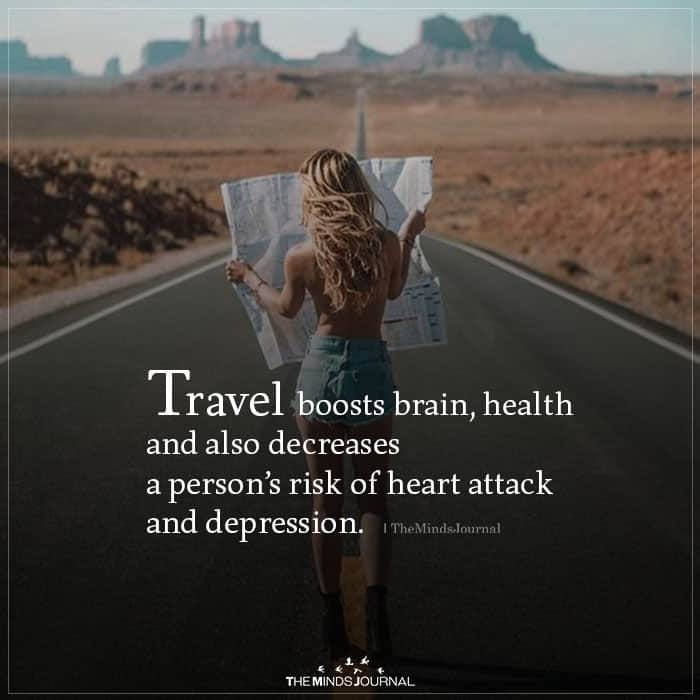
Takeaway
Fear should not deter one from exploring different parts of the globe. By recognizing that there is anxiety from traveling, knowing its symptoms and finding out its causes; one can start overcoming it.
However, it’s normal to feel a bit scared before beginning a trip but through proper strategies coupled with the right attitude this can be done with confidence.
Remember that conquering travel anxiety is part of the journey itself. Be patient and kind as you make your way through these fears. Every effort you make towards dealing with anxiety will definitely result in a more rewarding travel experience.
Armed with the right strategies, encouragement and mindset; one can confidently embrace travel while creating long-lasting memories that enrich their lifestyle.
Bon voyage!
Related: Why Traveling Alone Is Good For Your Soul: 7 Solo Travel Benefits You Must Experience
Frequently Asked Questions (FAQs)
How do I overcome travel anxiety?
To cope with Travel Anxiety, start with small trips, plan activities early, practice deep breathing, live in the present, and seek help when necessary.
Why is my anxiety so bad when I travel?
Changing routines, fear of the unknown or past negative experiences can make someone anxious when traveling.
How can I calm my anxiety fast?
The quickest way to calm down anxiety is through deep breathing exercises, mindfulness meditation or grounding techniques. Take a short walk. Concentrate on your senses. Listen to soothing music.
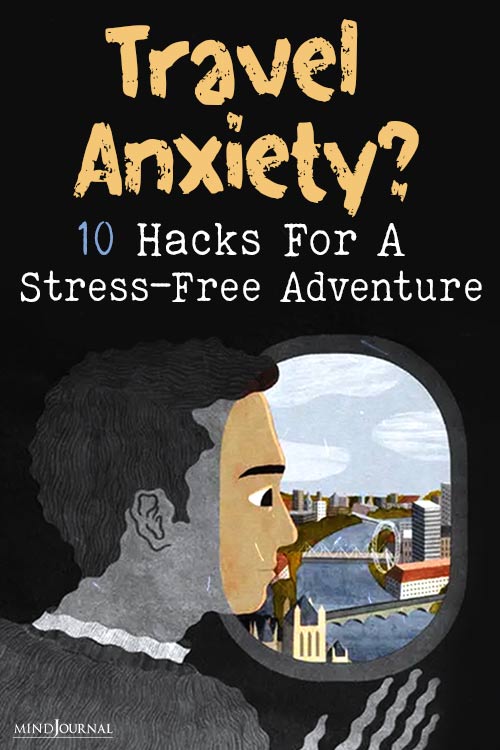

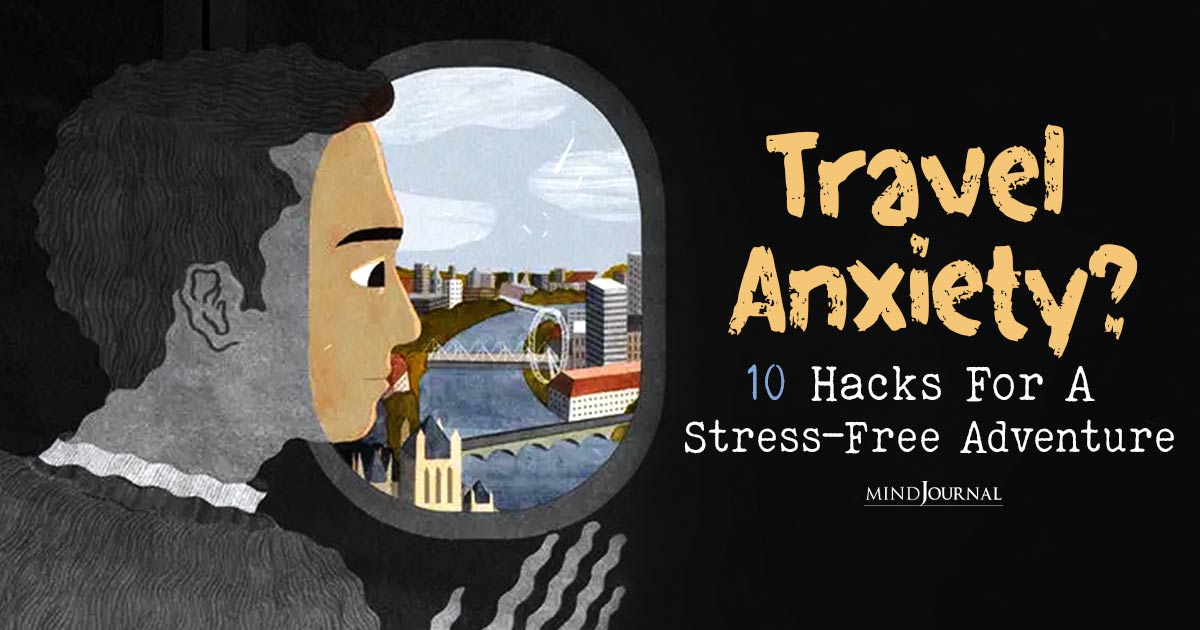

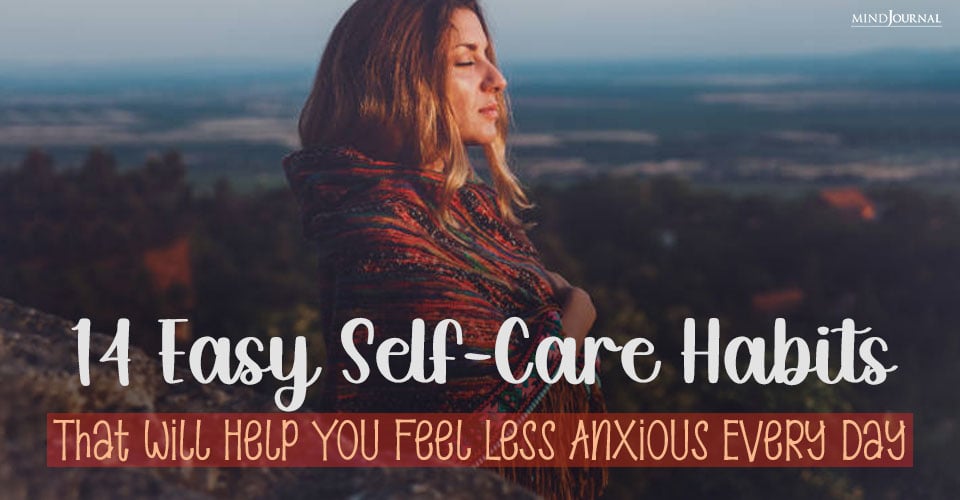
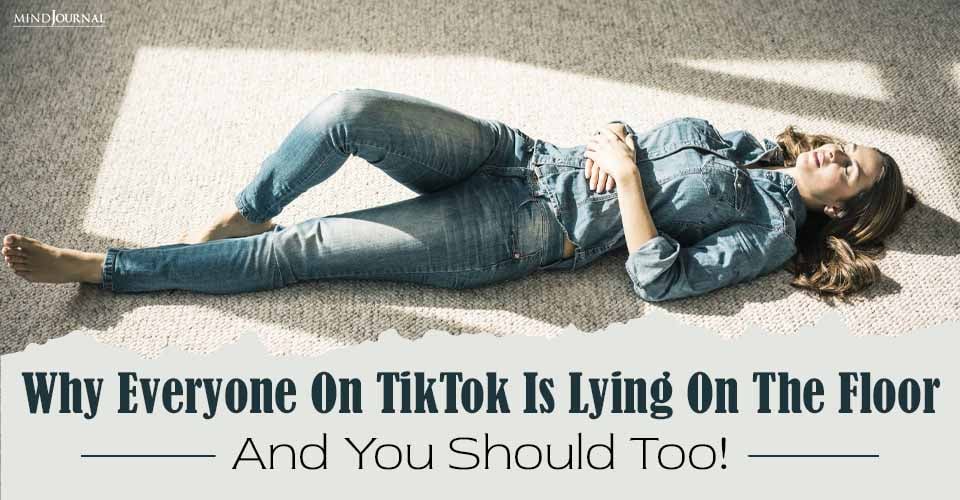
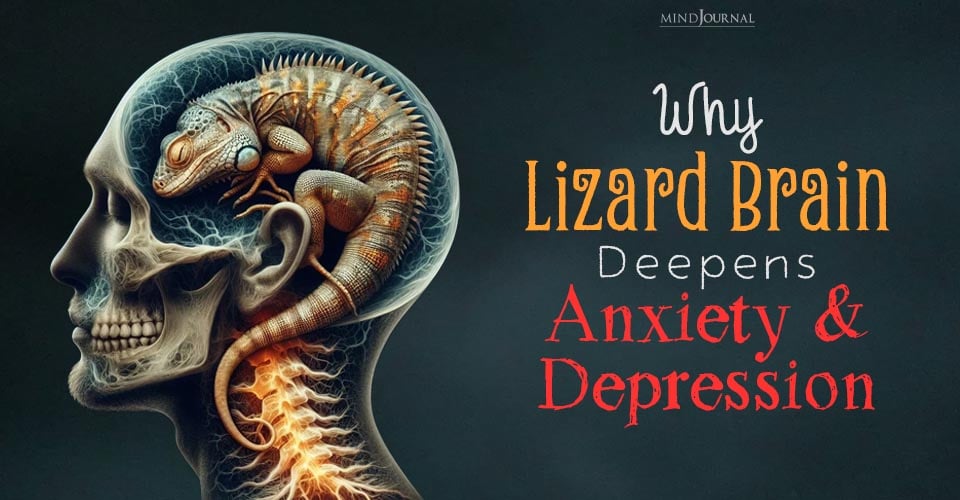



Leave a Reply